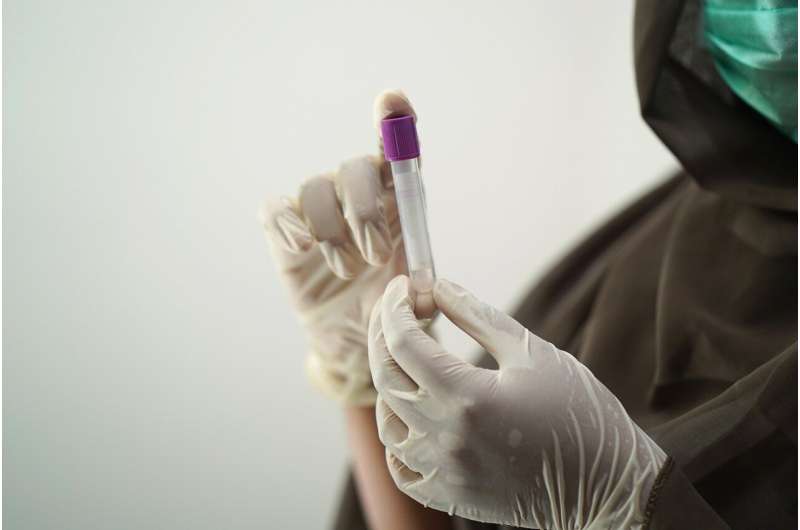Understanding Breast Cell Changes During Motherhood and Their Impact on Breastfeeding Difficulties

New genetic insights into breast cell transformations during motherhood reveal potential causes of breastfeeding challenges and postpartum breast cancer, paving the way for innovative health strategies.
Recent research focusing on the genetic and cellular transformations of the mammary gland during motherhood offers valuable insights into breastfeeding challenges and postpartum breast health. A comprehensive study conducted on mice has mapped the gene expression patterns throughout the breast's developmental cycle, from pre-pregnancy to involution after breastfeeding. This research has produced the most detailed atlas to date of gene activity in the adult mammary gland, revealing how different cell types—such as fat cells, basal cells, and milk-producing cells—change over time.
The scientists analyzed tissue samples at ten distinct time points, observing significant shifts in cellular composition and gene activity during pregnancy, lactation, and involution. They identified that genes linked to breastfeeding problems, like low milk supply, are active not just in milk-producing cells but also in basal cells responsible for milk ejection, indicating that mechanical issues could play a role in breastfeeding difficulties.
Additionally, the study uncovered that genes associated with postpartum breast cancer are activated immediately after weaning across various cell types, including previously overlooked fat cells. This suggests new targets for early detection and prevention strategies for postpartum breast cancer.
The research also highlights the role of imprinted genes—genes expressed depending on parental inheritance—in regulating milk production and breast tissue remodeling. twenty-five of these genes show activity at specific stages, orchestrating the complex processes involved in motherhood.
Hanin emphasized that understanding these genetic mechanisms provides new avenues to support maternal health by predicting and addressing breastfeeding issues and reducing breast cancer risk. Since breastfeeding influences lifelong health, such as reducing the risk of obesity and diabetes in infants, the findings could lead to better support systems for new mothers.
This work deepens our understanding of mammary gland biology and opens opportunities for innovative interventions to improve breastfeeding success and maternal breast health.
Stay Updated with Mia's Feed
Get the latest health & wellness insights delivered straight to your inbox.
Related Articles
Innovative AI-Driven Spine Model Set to Revolutionize Lower Back Pain Treatment
A groundbreaking AI-powered spine modeling system is dramatically accelerating the creation of patient-specific lumbar spine models, promising to improve diagnosis, surgical planning, and personalized treatment for lower back pain.
Addressing the Gender Gap in Women's Mental Health Research
Women face higher rates of mental health disorders, yet research into women's mental health remains limited due to historical biases and underrepresentation. Advances in animal models and policy changes aim to bridge this critical knowledge gap, fostering personalized treatment options.
Research Highlights Gaps in Culturally Sensitive Stroke Care Guidelines
Recent research reveals significant gaps in international stroke care guidelines regarding culturally tailored recommendations, impacting vulnerable, diverse populations. Discover why inclusive approaches are essential for optimal stroke management.
Persistent Use of Unnecessary Cancer Screenings Despite Updated Guidelines, New Study Reveals
A new study reveals that unnecessary cancer screenings persist for years after guidelines advise against them, leading to overdiagnosis and increased healthcare costs. The research emphasizes the need for better implementation of evidence-based practices.



